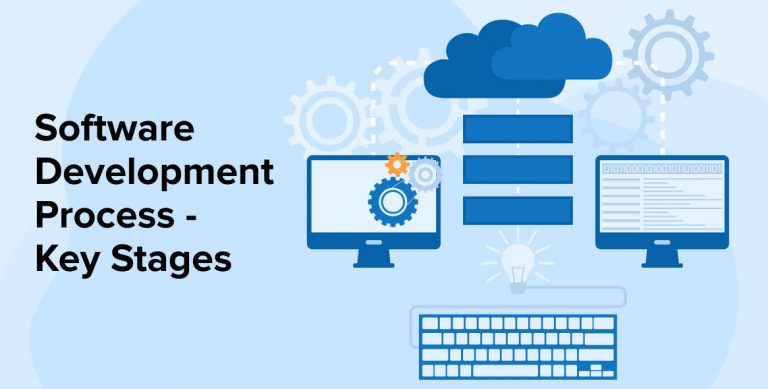Pulse of Information
Your source for the latest insights and updates.
Debugging Your Way to Greatness
Master the art of debugging and unlock your path to greatness! Discover tips and tricks to transform challenges into achievements.
Top 5 Debugging Techniques Every Developer Should Master
Debugging is an essential skill that every developer must master to ensure their code runs smoothly and efficiently. Among the most effective techniques, print debugging stands out as a simple yet powerful approach. By strategically placing print statements within the code, developers can trace the flow of execution and identify unexpected behavior, making it easier to locate issues. However, this method should be used wisely to avoid cluttering the code with excessive print outputs.
Another crucial technique is using a debugger tool. Debuggers provide an interactive environment that allows developers to step through their code line by line, inspect variables, and analyze the application's state at any given moment. This can reveal hidden bugs that may not be evident through print statements alone. Moreover, unit testing plays a vital role in debugging as well, as it helps detect errors early in the development process, ultimately saving time and effort in the long run.

Common Debugging Mistakes and How to Avoid Them
Debugging is an essential part of the software development process, but many developers fall into common pitfalls that can hinder their progress. One of the most frequent mistakes is neglecting to reproduce the bug consistently. Without a clear understanding of how to replicate the issue, it's challenging to determine the root cause. To avoid this mistake, always ensure that you can reproduce the bug under controlled conditions before diving deeper into your code analysis.
Another common debugging error is not utilizing proper logging. Relying solely on debugging tools like breakpoints can limit insights into your program's behavior. Instead, implement a comprehensive logging system to capture key events, errors, and outputs in real time. This practice not only helps in identifying the problem more effectively but also aids in understanding the context in which the bug occurs.
How Debugging Can Enhance Your Problem-Solving Skills
Debugging is often perceived as a technical task confined to programmers and software engineers, but it holds valuable lessons for anyone looking to improve their problem-solving skills. The process of debugging involves identifying, isolating, and fixing issues within a system, which necessitates a systematic approach to troubleshooting. By engaging in debugging, individuals cultivate a mindset that emphasizes critical thinking, analytical skills, and attention to detail. This experience encourages them to ask probing questions and explore potential solutions methodically, which can be applied in various aspects of life and work.
Moreover, debugging teaches resilience and adaptability, two essential elements of effective problem-solving. When facing a bug, the first solution may not be the correct one. Debuggers must remain persistent, trial different approaches, and adapt their strategies based on what does or doesn’t work. This iterative process fosters a deeper understanding of how problems can evolve and how solutions may need to be adjusted over time. Ultimately, these experiences enhance your overall capability to tackle challenges, making you not only a better troubleshooter but also a more versatile thinker.